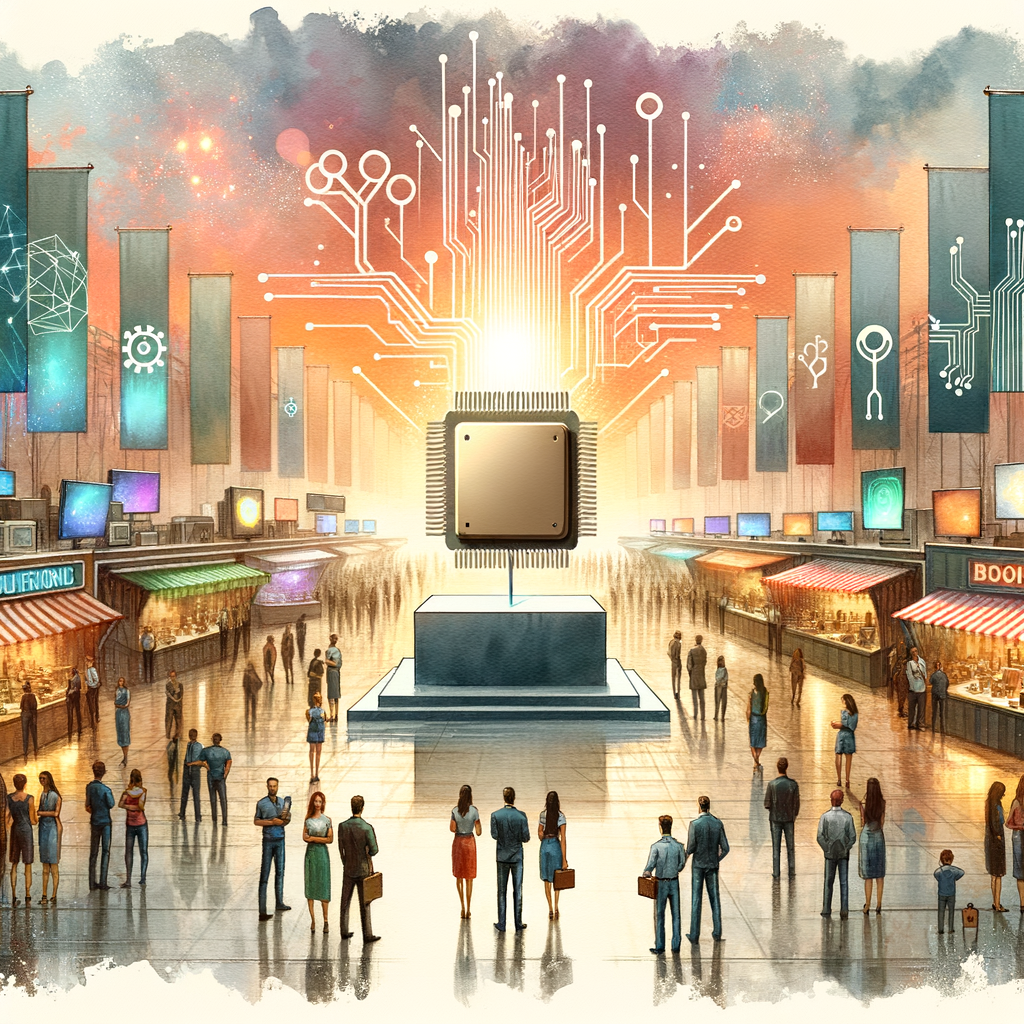The Ripple Effect of Nvidia’s AI Chip Delay on the Tech Industry
In a surprising turn of events, Nvidia’s AI chip delay has reportedly set back the launch of its much-anticipated “Blackwell” B-200 artificial intelligence chip. This news has sent shockwaves through the tech community, casting a shadow of uncertainty over the near-term future of the AI sector.
Unveiling the Delay
A report by The Information reveals that sources, including a Microsoft employee, have indicated that a design flaw will delay the launch of Nvidia’s new AI chip by at least three months. This unexpected hiccup comes shortly after Nvidia’s CEO, Jensen Huang, announced at the SIGGRAPH event in Denver that engineering samples of the chip would be distributed imminently.
This delay raises questions not only about the B-200 series but also its predecessor, the B-100, as both models share a similar architecture. The B-200 series, however, is expected to deliver superior performance, making this setback particularly significant for Nvidia and its clientele, which includes heavyweight tech giants like Amazon, Google, Meta, and Microsoft.
Financial Implications and Market Dynamics
Nvidia’s financial outlook, particularly for 2025, is heavily reliant on the successful deployment and sales of its B-series AI chips. Analysts have projected that these chips could generate hundreds of billions in revenue, underscoring their critical role in Nvidia’s growth strategy and their potential impact on the broader AI industry.
Despite a staggering market capitalization of $2.6 trillion, making Nvidia a behemoth in the semiconductor space, this delay could temper investor enthusiasm. The company’s closest competitor, TSMC, which also fabricates most of Nvidia’s chips, has a market cap of $777 billion, highlighting the scale of Nvidia’s market dominance, particularly in the U.S. where it faces minimal competition.
Intel and AMD, other key players in the semiconductor industry, have yet to make significant inroads into the generative AI market, though they are pivoting to focus more on this burgeoning sector.
Broader Market Trends
The tech industry, particularly the AI sector, has been under the investor’s microscope. Following the explosive growth triggered by AI applications like OpenAI’s ChatGPT, which utilized Nvidia chips, the market is on tenterhooks, eagerly anticipating the next big innovation. Recent reports from financial heavyweights like Elliott Management and Sequoia Capital have painted a sobering picture of the current state of AI, questioning the cost-efficiency and practical viability of generative AI applications.
These developments come at a time when the tech sector is experiencing a downturn, with major players like Tesla and Apple being the exceptions in a landscape where most technology stocks are seeing a decline in their market value.
Looking Ahead
The delay in the launch of Nvidia’s AI chips is more than a minor hiccup; it is a development that could have far-reaching consequences for the tech industry. As companies and investors recalibrate their strategies and expectations, the coming months will be crucial in determining the trajectory of Nvidia’s innovation path and its ripple effects on the global tech landscape.
For more insights into the challenges and opportunities within the AI sector, consider exploring how AI is revamping the future of recruitment and the role of Web3 and AI in creating the perfect storm in technological advancements.




